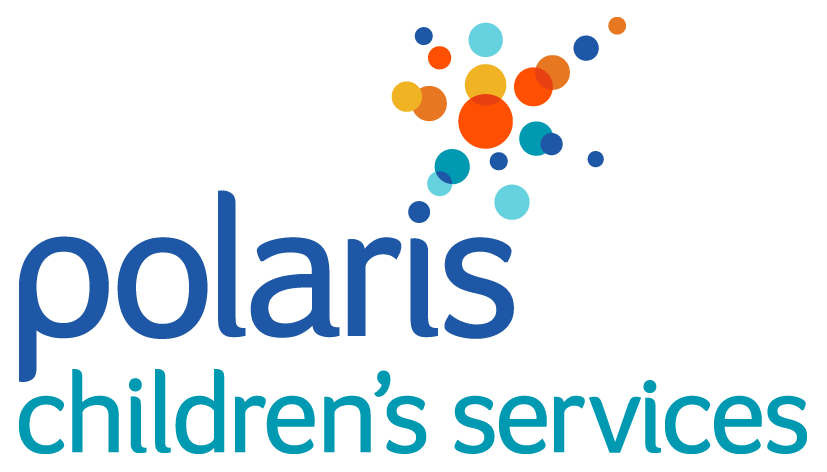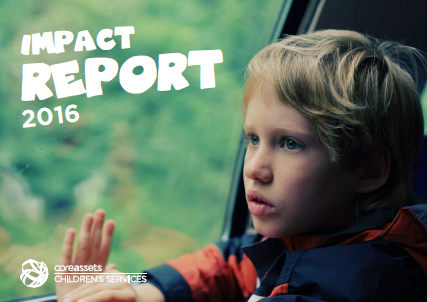Caring to Care, delivered by Core Assets Children’s Services, provides emotional health and wellbeing advice, support, assessment and a range of therapeutic interventions to children in care, care leavers and children post adoption. Extensive support to foster carers and adoptive parents is also offered to enable them to cope effectively with supporting the children in their care.
During the last quarter of 2017, an impressive 97% of looked after children accessing the service either remained in their current placement or were supported to make positive planned moves.
“We have been able to achieve amazing placement stability, which not only results in less disruption to children and families, but also big savings in costs to Local Authorities.”
Says Ross McCooey, Contract Manager.
“The impact on both the young people’s lives and commissioner’s finances are positive and long term. To accomplish this we have had to create a varied and flexible service that offers a wide range of support to the young person as well as their carers and professional networks.
Caring to Care was developed to respond to the needs of children and young people by listening to their voice. Young people often find the prospect of therapy daunting and feel there is a stigma attached to being allocated to a ‘therapist’, so we recruited Young Persons workers who are therapeutically supervised to deliver interventions instead. We can work in their home, school, or local community to ensure they feel comfortable and can engage”.
One of the young people receiving the intervention commented:
“I had been feeling really let down by other professionals so I am really pleased I could have you as my support worker. The anger work we did last time is the first bit of work that actually helped”.
Of those children and young people referred to the service, 99% remained engaged, and as a cohort their emotional well-being improved to reach the ranges of the top 25% of all young people in the UK, based on use of the Warwick-Edinburgh Mental Wellbeing Scale.
The Social Care Institute for Excellence (SCIE) Expert Working Group Report (November 2017), ‘Improving mental health support for our children and young people’, highlighted the importance of high quality ongoing assessments. The report, commissioned by the Department of Health and the Department for Education, stated that “[…] the Strengths and Difficulties Questionnaire (SDQ) by itself is not an effective way of measuring the mental health and emotional wellbeing of young people.”
“Our service utilizes a wide range of evidence-based emotional health and wellbeing tools to support the intervention. We use the Warwick Edinburgh Mental Wellbeing Scale (WEMWBS) and the Outcomes Star™ alongside SDQs to allow us to regularly measure and evidence progress”
McCooey says.
The SCIE report goes on to say that “assessments should focus on understanding the individual’s mental health and emotional wellbeing in the context of their current situation and past experiences, rather than solely focusing on the presenting symptoms. The young person, their caregivers, family (where appropriate) and professionals’ viewpoints should be included.”
“Our teams work with the child’s needs and behaviour with reference to any previous trauma experienced. Often the young person’s life story is used to provide information and a detailed understanding of structure and events. Our Team Parenting meetings bring all those involved with the child to think about, reflect upon and discuss their views on the child’s emotional and developmental needs. We also employ a care experienced young person as an apprentice to help advocate for young people and ensure the work remains focused on their needs in a way that is meaningful and engaging”
The Caring to Care service has recently been featured on the Positive Practice Mental Health Directory as part of the “The National Collaborating Centre for Mental Health”, a commissioned service from NHS England and NICE (The National Institute for Health and Care Excellence). Their aim is to develop guidance for commissioners and providers of children and young people’s mental health services to ensure better access to mental health care.
“We were really happy to respond to a call for evidence of positive practice to help illustrate how services can deliver more effective mental health care and are proud to have been featured”
McCooey commented.








